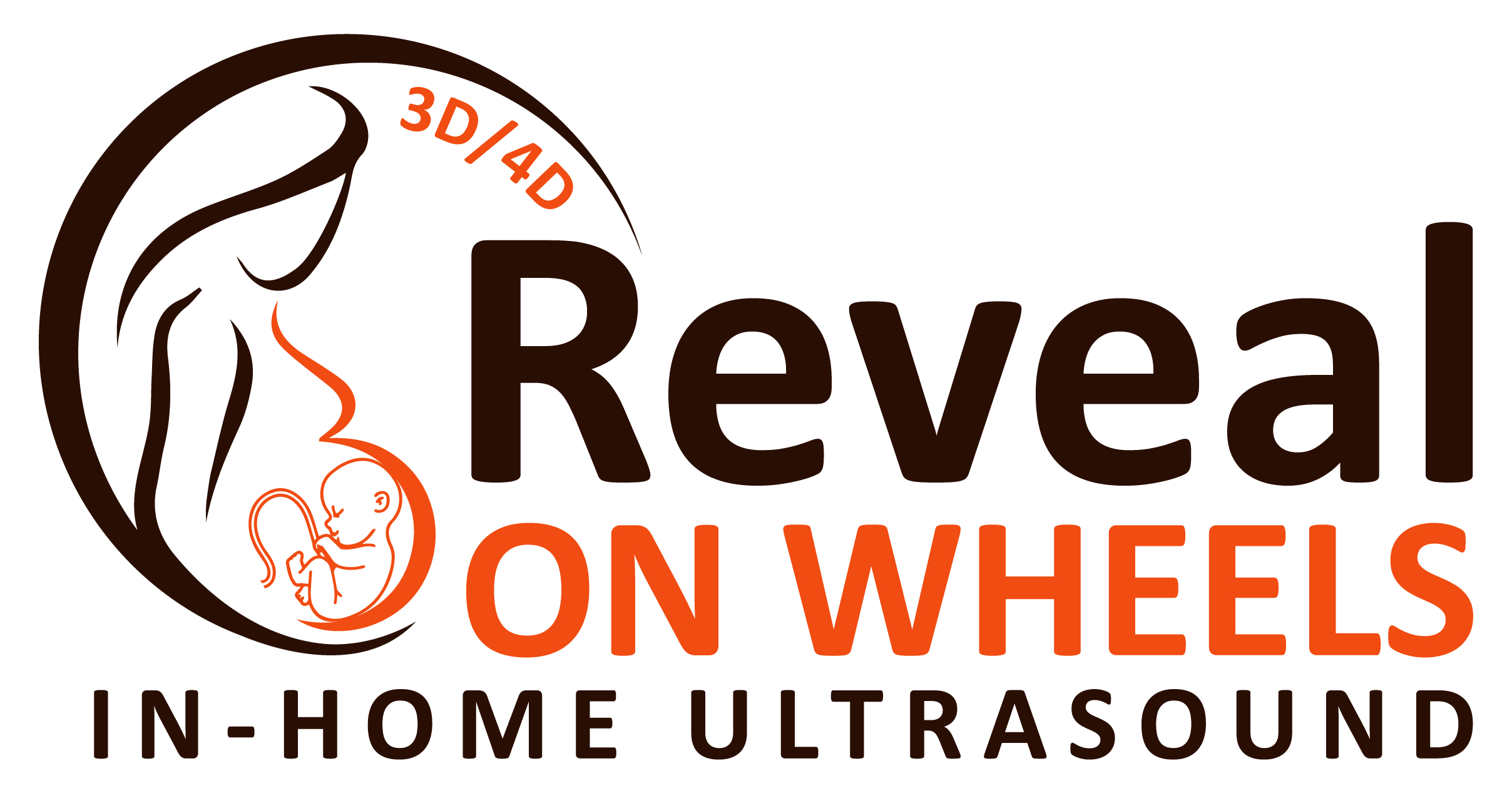Ultrasound during pregnancy
Ultrasound is used during pregnancy to check the baby's development, the presence of a multiple pregnancy and to help pick up any abnormalities. The ultrasound scan isn't 100 per cent accurate, but the advantages of the test are that it's non-invasive, painless and safe for both mother and unborn baby.

What are some reasons for having an ultrasound?
Your provider uses ultrasound to do several things, including:
To confirm (make sure) you’re pregnant
To check your baby’s age and growth. This helps your provider figure out your due date.
To check your baby’s heartbeat, muscle tone, movement and overall development
To check to see if you’re pregnant with twins, triplets or more (also called multiples)
To check if your baby is in the heads-first position before birth
To examine your ovaries and uterus (womb). Ovaries are where eggs are stored in your body.
our provider also uses ultrasound for screening and other testing. Screening means seeing if your baby is more likely than others to have a health condition; it doesn’t mean finding out for sure if your baby has the condition. Your provider may use ultrasound:
To screen for birth defects, like spina bifida or heart defects. After an ultrasound, your provider may want to do more tests, called diagnostic tests, to see for sure if your baby has a birth defect. Birth defects are health conditions that a baby has at birth. Birth defects change the shape or function of one or more parts of the body. They can cause problems in overall health, in how the body develops, or in how the body works.
To help with other prenatal tests, like chorionic villus sampling (also called CVS) or amniocentesis (also called amnio). CVS is when cells from the placenta are taken for testing. The placenta is tissue that provides nutrients for your baby. Amnio is a test where amniotic fluid and cells are taken from the sac around your baby.
To check for pregnancy complications, including ectopic pregnancy, molar pregnancyand miscarriage.






